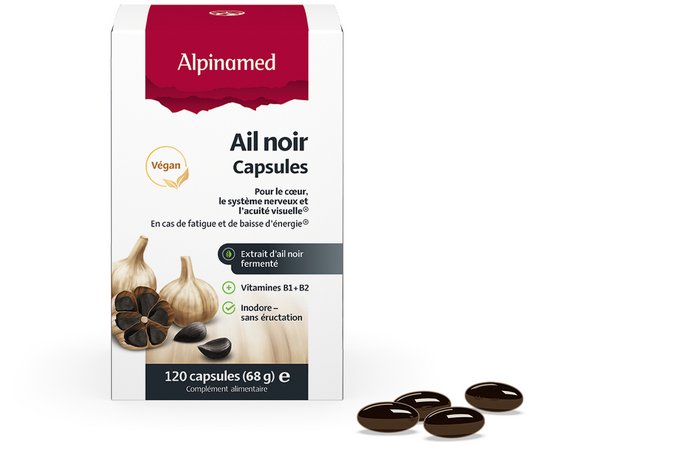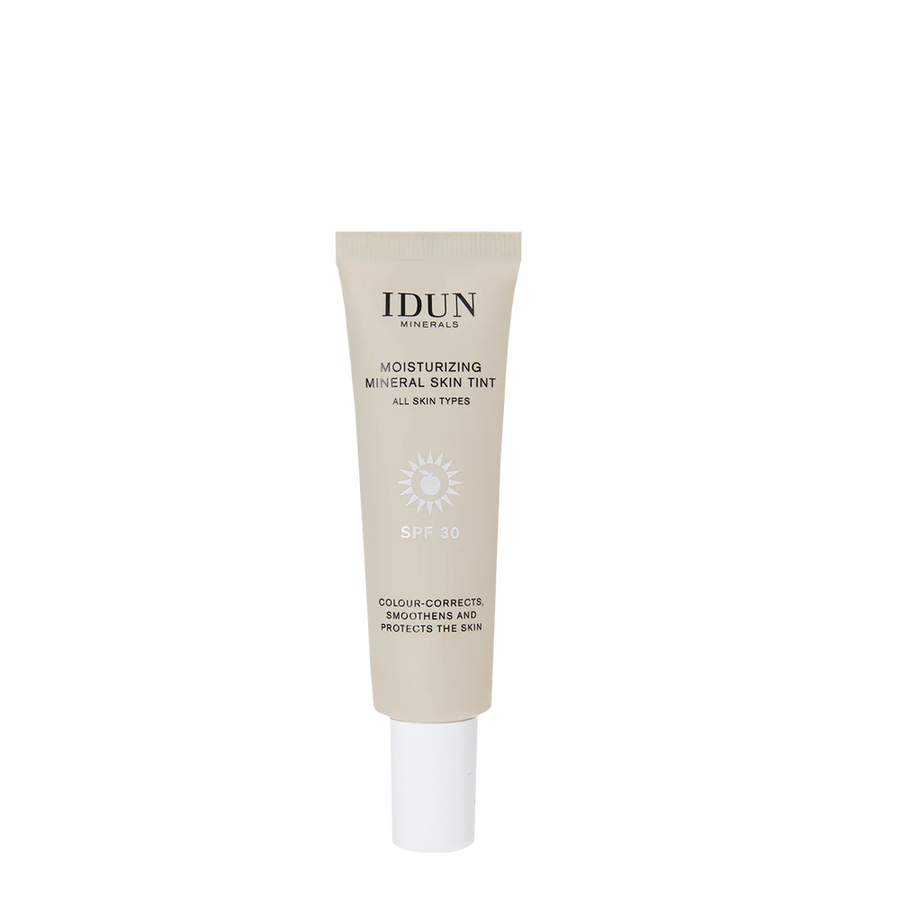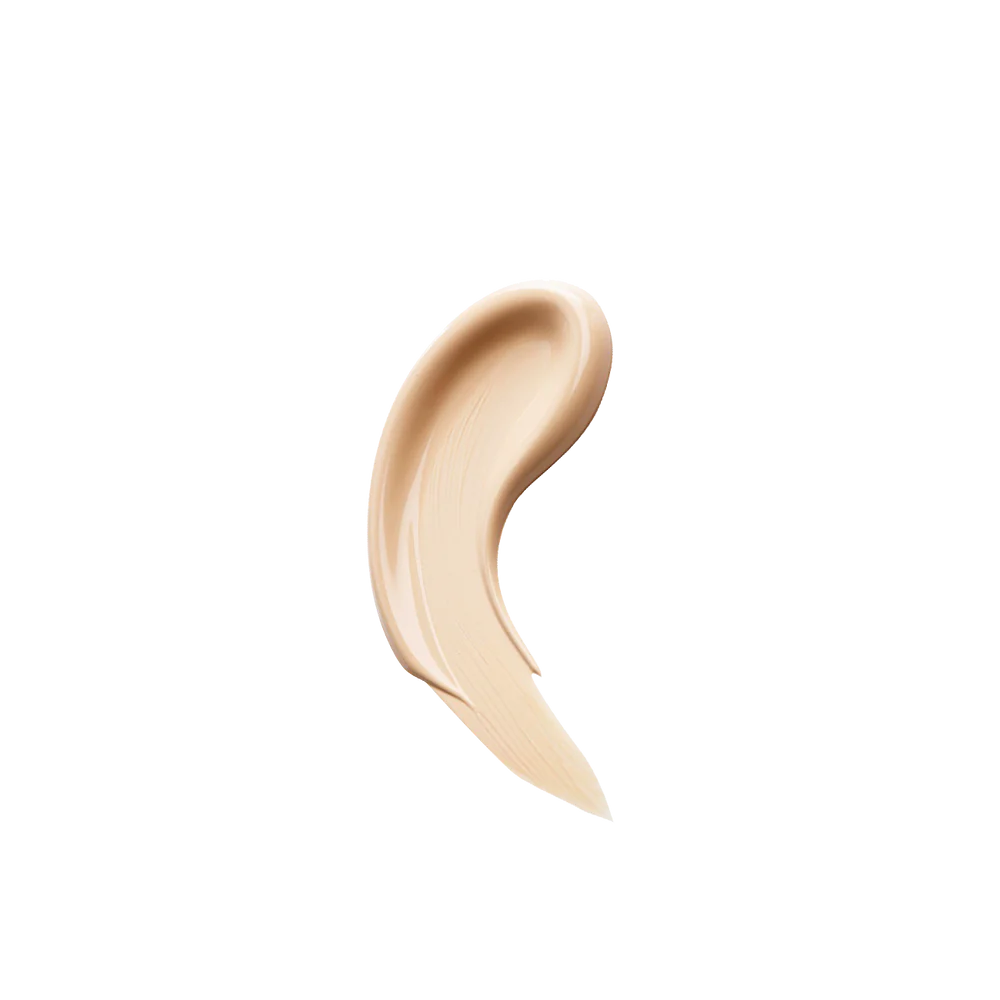Help your brain with aromatherapy
A. Prescription to treat a pathology with a therapeutic means
What to do to help your brain
Complementary medicine, because its therapies aim to strengthen the individual, can bring you solutions. In particular techniques that pass directly from perception to the brain such as light therapy or aromatherapy and which do not cause side effects or addiction.
Therapeutic prescription
Massage
Have your pharmacist prepare a diffusion of 50 drops of essential oil (EO) of ylang-ylang or vetiver in 50 ml of a non-greasy massage oil. Rub your temples, neck and solar plexus (middle of the chest, below the sternum) in the morning, evening and if you can once or twice during the day. In the evening at bedtime, also rub between the kidneys at the bottom of the column, a particularly innervated region.
Baths
A hot bath in the evening will relax your muscles. Your pharmacist can prepare a bath base for you with an HE dilution of Roman chamomile and butterfly ginger.
Diffusion
Get a few pieces, the size of two sugar candies, from a broken earthenware pot, it will make an excellent diffuser. Place one on your nightstand and the other in your car and/or on your desk, if you can. Each time you stay nearby, impregnate this small piece of terracotta with a few drops of essential oils. For the day, choose EO of lavender or jasmine. For the night take rather HE of fine maniguette or lemon balm.
To obtain a result, it is necessary to apply a prescription for at least 40 days. This is the time that your body takes to find a new balance, moreover you will notice it in the changes in your habits. On the lifestyle side: take at least one break in the morning, another in the afternoon, go out for a 15-minute walk while breathing deeply (without smoking). After lunch, relax with a power nap in an armchair or in your car. Set your phone's alarm for 20 minutes. Close your eyes, focus on your breathing and relaxing your muscles to avoid thinking. Stay in alpha waves like this until the ringtone. On the food side, generally eat light (little fat, little sugar, little pizza and sandwich style mixture), avoid alcohol and stimulants (especially coffee).
B. Information specific to a therapeutic means
How can aromatherapy help you?
Herbal medicine dates back to antiquity. It is from the 11th century that we learn to extract the active ingredients. Aromatherapy as such begins at the beginning of the 19th century but it benefits from many centuries of practice and observation of so-called “natural” medicine. Essential oils are very complex, for example clary sage which is used against physical fatigue but also in cases of menstrual problems or skin infections contains 250 different molecules which have effects linked to their synergy. This explains why these active ingredient concentrates have a wide spectrum of indications.
Obtained by steam distillation of various parts of the plant, essential oils, the basis of aromatherapy, are a concentrate of active principles which do not only have a pharmacological effect. Affecting our sensory organs such as smell, taste, they have an energetic and emotional dimension on our body, which makes it unique and interesting for correcting certain physical and nervous imbalances! You can find essential oils everywhere. But to choose the plants best suited for you in relation to your state of health and to explain when and how to use them, you need to find a pharmacist who is competent in aromatherapy.
Precautions
These concentrates of plant active ingredients may contain irritating or allergenic substances for the skin and mucous membranes, or even, for some of them, be toxic at high doses or taken for too long. If you are not used to this therapy, take the time to find out. Also, some essential oils should never be taken pure, as they contain ketones which are poisons. So it is better to ask the question to your pharmacist beforehand. Aromatherapy is not recommended for children under 12, pregnant women and breastfeeding women.
C. Information specific to a pathology
mental fatigue
Among doctors, nurses, police officers, business leaders, mothers, teachers and their students and many other professionals, there is a growing number of people who are exhausted. It is a question of mental or nervous or intellectual fatigue, doctors also speak of asthenia, in a more general term. It has been noted that young people subjected to constant stress are easily victims of chronic fatigue syndrome without any medical abnormality being detected. This is called chronic fatigue syndrome. Syndrome means that we are faced with a complex pathology with multiple factors relating to metabolism, nervous resistance, the social environment and which contributes to a malaise felt at the mental level.
In France, 64% of the active population wakes up tired, only 6% say they wake up refreshed and rested (Opinion Matters survey for Withings, 2014). – In the newspaper “Le Quotidien du Médecin”: one person in five on average goes to the doctor because of fatigue. In a performance-based society, being tired is frowned upon, so we no longer fight to be the best, we fight to avoid exclusion. Hence the risk of reaching its limits: The brain no longer has the energy to manage the action, your reflexes are anaesthetized. It happens when you've been in a task for a long time where you can't stop. If you are driving and you are already in a state of mental fatigue, you become inattentive and you risk an accident. Sleep can take you suddenly behind the wheel, like a blackout, and an accident is inevitable. You have enormous difficulty concentrating on detailed work, you constantly make mistakes and omissions. Your memory capacity is weakened. Analyzing and reasoning is difficult. You become irritable. You are discouraged by the tasks at hand.
The mental affects the physical and vice versa. Ailments may appear which are in fact symptoms of your state of mental fatigue: insomnia, back pain, night sweats, allergies, repeated infections, skin problems such as psoriasis, loss of appetite, weight loss, etc.
Signs of Mental Fatigue
o Frequent strokes, you feel an intense need to sleep
o In the evening oddly, you are not sleepy.
o Nights are marked by insomnia
o In the morning you wake up tired
o Feeling of discouragement, you have dark thoughts, bouts of sadness
o Lack of appetite, you don't feel like anything
o The future seems out of reach, you can no longer plan
o You are caught up in too many things at once
o If you are asked a question, it irritates you
o You feel a strong sense of guilt about your situation
o You suffer from all kinds of ailments such as digestive disorders, back pain, neuralgia, night sweats, etc.
o Difficulty concentrating, you have memory loss
The spiral of mental fatigue
It all starts with a dilemma: should we persist in a frustrating situation, hoping to see the end of it with what we imagine to be substantial benefits, or take the risk of a radical change without knowing where it will lead us. The more time passes, the less energy you have, fatigue sets in and things get worse. Don't become like the frog that ends up cooking alive because it hasn't felt the increase in temperature of the cold water in the pan that gets hotter and hotter! Don't let your fatigue overwhelm you, to the point of not having enough energy to react, take your symptoms seriously as soon as possible. The so-described “burn-out” is the consequence.
To read
Alain Ehrenberg, sociologist, author of " The Fatigue of being oneself, depression and society " Ed. Odile Jacob 1998
Dr. Christophe Dejours, psychiatrist and psychoanalyst, author of " Choice, suffering at work is not inevitable " Ed. Bayard 2015
David Le Breton, researcher and teacher in sociology, author of " Disappearing from oneself " Ed. Métailié 2015
Dr. Jean-Loup Dervaux, doctor and author of " Chronofatigues, what is yours?" » Ed. Dangles 2016













Leave a comment